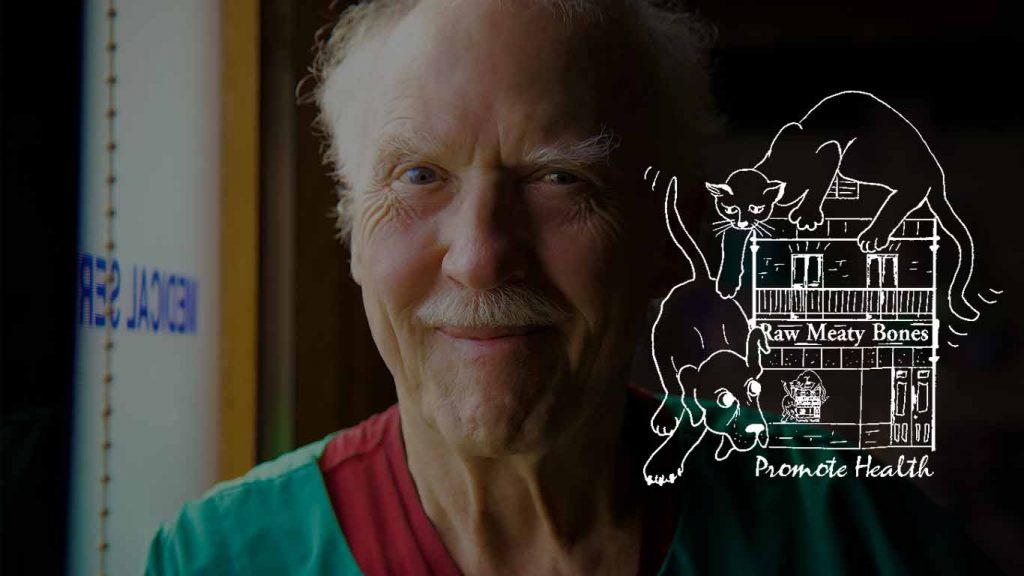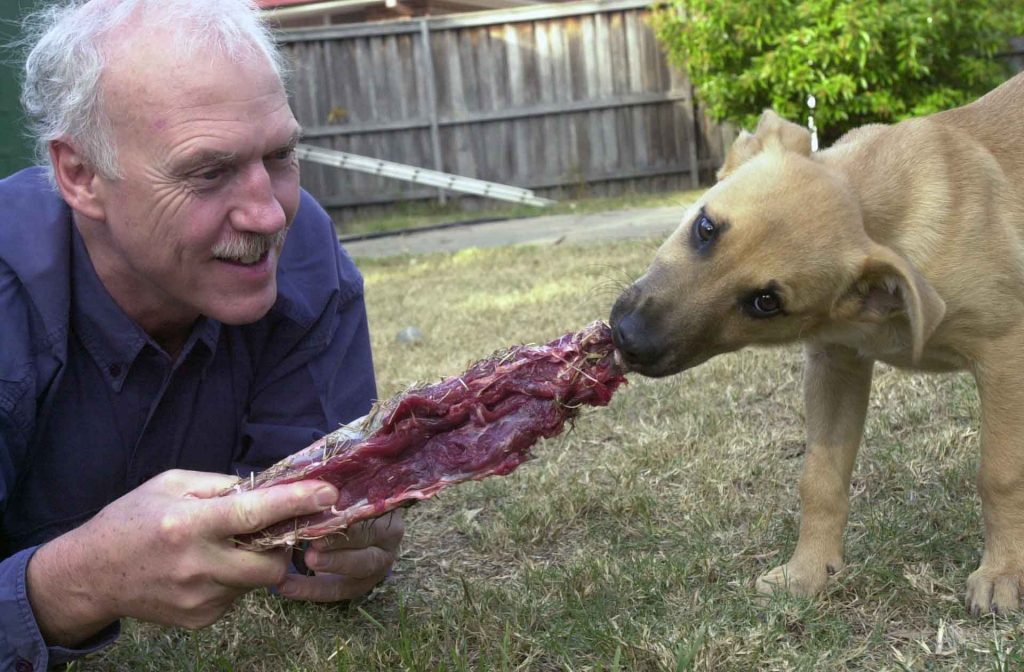In early July 2023, as the Multi-Billion-Dollar Pet Food Fraud publicity campaign was winding down, Palamedes the publicists made one last pitch to the UK media in case there was a willingness to do their job—that is to inform and thus help protect their audience.
Sad to say the pitch produced below found no takers. Not one. And this despite three of the newspapers approached had in the distant past covered aspects of the junk pet food/vet collusion.
They made excuses they cheated they lied. They refused to play fair. Such is the power of the junk pet food/vet corrupt partnership serving to intimidate and render helpless an entire British media.
VETS ARE INJURING PETS’ HEALTH BY ENDORSING COMMERCIAL DIETS, INDUSTRY WHISTLEBLOWER CLAIMS
Veterinarians are “injuring pets’ health” by recommending and selling commercial pet food to trusting owners, one of the world’s leading vets has spectacularly claimed.
According to Dr Tom Lonsdale, a leading authority on canine and feline periodontal disease (gum disease), many veterinary clinics are “guilty of negligence, cruelty, and potentially fraud”.
This is, he says, because they will not speak about the hazards of the standard pet diet of dried kibble and canned food, which he believes is at the root of a “global pandemic” of gum disease affecting around 80 per cent of British pets by the age of three.
Left unchecked, the disease, triggered by the build-up of plaque and harmful bacteria, can result in a host of serious and potentially life-threatening ailments including immune depression, diabetes, arthritis, heart, liver, lung, and kidney disease.
British-born vet, Dr Lonsdale, who ran veterinary clinics in New South Wales, Australia, for more than 40 years before his retirement in 2022, accuses veterinary schools and associations of a “fundamental breach of professional duty” for advocating the treatment of pet gum disease without first encouraging owners to swap their pets’ diets.
Dubbed the ‘Whistleblower vet’ for his three-decade global campaign to expose what he believes to be an indisputable connection between commercial pet food, gum disease, and ill health, Dr Lonsdale was the first person to formulate an evolutionary theory as to why dogs crave meaty bones.
His 1992 peer-reviewed ‘Cybernetic Hypothesis of Periodontal Disease’ proposed that wolves and other carnivores need the vigorous ripping, tearing and crunching on raw meaty bones to keep their teeth clean and gums massaged.
By contrast, Dr Lonsdale says that most cats and dogs fail to maintain good oral hygiene because they are primarily fed soft canned food and kibble, which he believes is responsible for the soaring rates of gum disease within the pet population.
His pioneering research – which includes a commission from the Centre for Veterinary Education at the University of Sydney to write the definitive article on how to protect pets from gum disease using “nature’s toothbrush”, raw meaty bones – has not been followed up since, which Dr Lonsdale blames on the well-documented ties between commercial pet food manufacturers and veterinary schools.
Going further, he suggests that veterinarians are not, as standard, recommending that pet owners replace commercial pet food with a raw meaty bones diet either because they are not taught about the extensive health benefits or because they do not wish to disrupt the “gravy train” of profitable dental treatments.
He makes his explosive claims in new book Multi-Billion-Dollar Pet Food Fraud: Hiding in Plain Sight, a hard-hitting exposé of the commercial pet food industry, veterinary profession alliance.
In this exclusive feature/interview, Dr Lonsdale, 73, who is currently based back in the UK, will discuss …
- Why he believes that veterinarians acting in collusion with pet food manufacturers are injuring pets’ health by failing to highlight the potential health risks of commercial pet food;
- Why pet owners should replace pre-packaged pet food with raw meaty bones – such as whole chickens, pigs’ heads, fish, and ribs of lamb – “straight away” to improve their pets’ health and wellbeing;
- Why his research suggests that a diet of raw meaty bones is naturally and perfectly aligned to pet dogs and cats’ biological needs;
- How a diet of raw meaty bones could potentially save pet owners thousands of pounds in expensive vet trips over the course of their pets’ lives;
- Why, by contrast, commercial pre-packaged pet food is potentially harmful for pets;
- How to transition your pets on to a diet of raw meaty bones, how often to feed them per week, how to store raw meaty bones, and how to pick the best raw meaty bones for your breed of dog or cat.
For media kit and more information please see: www.ThePetFoodCon.com



